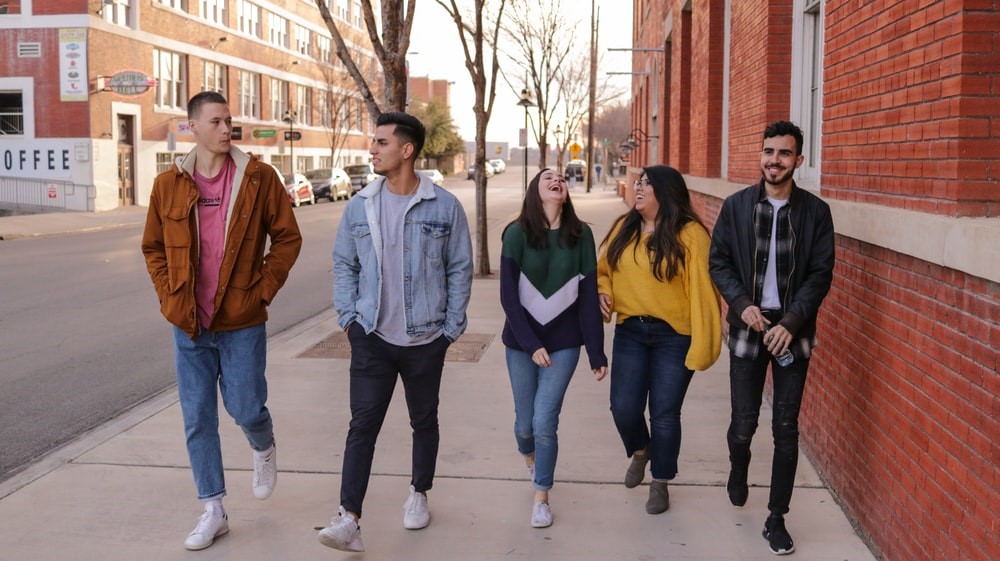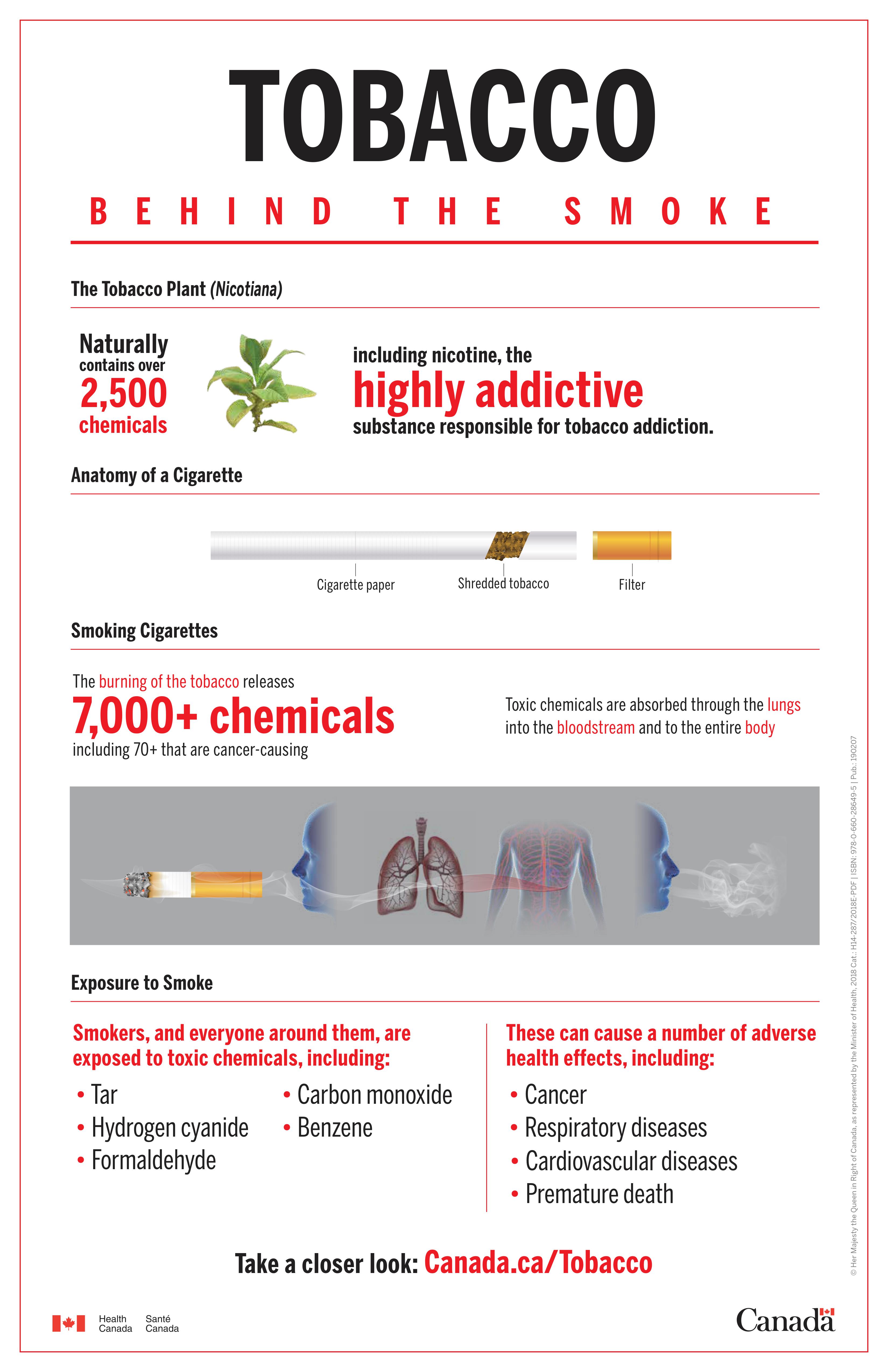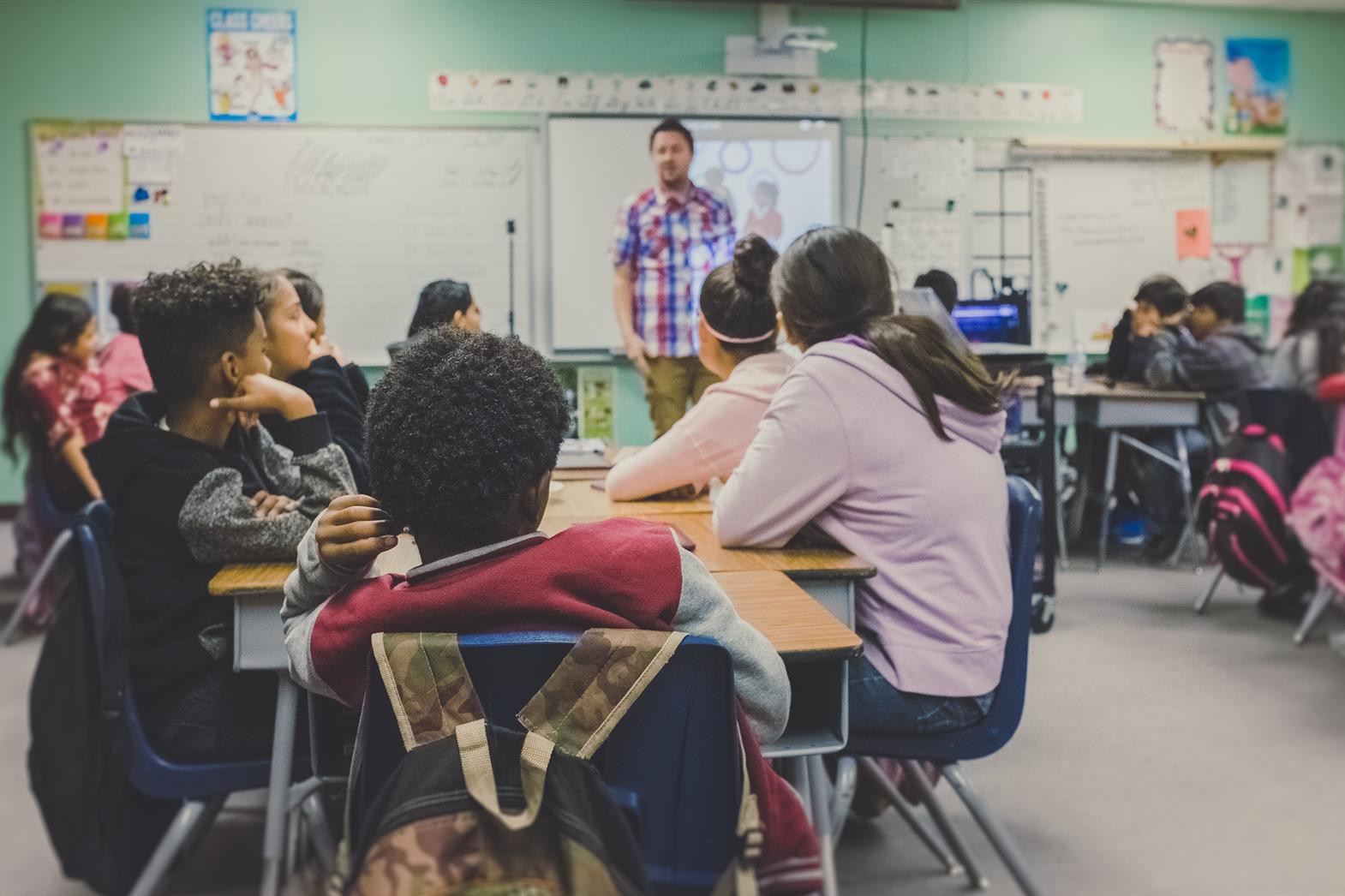Photo by NeONBRAND on Unsplash
What’s the Big Deal about Being a Teenager in High School?
Being a teenager is a big deal. You are a lot different now than when you were a child. Your body is changing. You are at a crossroads between being a child and being an adult. Along with that comes extra responsibilities and freedoms. You are learning more about yourself and what value you bring to the world. You are taking more control of your decisions, the information around you, and your personal day-to-day care. You are learning to advocate for yourself. You may have small and big dreams or goals for yourself. And you are discovering what interests you! And on top of all that, you have to take in a lot more information and try to make sense of it all.
In this Toolkit, we talk about things that may be important to teens in high school. The main topics discussed are:
Making the Most of High School
Independence & Organization
Friendships
Smoking, Vaping, Drugs, Alcohol and Making Good Decisions
Making the Most of High School
High school is harder than earlier grades for several reasons. You may have to move from class to class, have more challenging schoolwork, and find that being social with others is different than when you were younger.
Being in high school can be fun and a challenge. There’s a lot of new things to get used to, including new social experiences, and possibly going to a larger school.

Photo by Eliott Reyna on Unsplash
Here are some suggestions that may help to make the most of high school.
Individualized Education Plan (IEP)
An IEP is a plan to help you do your best at school. If you need one, make sure that you and your parents and teachers work together on creating a plan that works for you. You can ask for others’ help (like an educational expert), and you can invite others to be on your team (like an occupational therapist or speech-language pathologist).
Make sure that your IEP helps you figure out what skills your high school can help you with. It should also include a list of accommodations that you need (for example, noise-cancelling headphones). In many school districts, you have the right to be at IEP-related meetings so you can let others know what supports you believe will help you succeed in high school.
Ask for a vocational or a career assessment. This will help you figure out your interests, abilities, job placement ideas and possible careers when you are done school.
A psychoeducational assessment may be helpful. Check if your school offers one or if you can ask your parents to help you access one outside of school. It can be really helpful in preparing to move on from high school.
Look out for a mentor, a peer buddy or a tutor to help you with schoolwork. Or ask someone to help you find one.
Ask for help with making a plan to manage and organize your day. Areas in which to seek help include: moving from classroom to classroom, keeping track of books and assignments, following directions that have lots of steps, starting and finishing complicated projects, or handing in homework on time.
See if there are tutors or study groups
Use time management techniques, tools or apps
Ask the school to let you know in advance if there will be planned schedule changes like a fire drill, a special assembly or a field trip. That may make it easier for you to deal with a big change in your school routine.
Managing sensory overload: Things to potentially address in your IEP meeting or at the beginning of the school year include the following:
Ask school staff to help you find a quiet place when your classroom is feeling too bright, noisy or challenging in other ways. See if they can give you a hall pass ahead of time so you do not have to interrupt the teacher when you need to leave.
You can also request to be allowed headphones/earplugs, sunglasses, or a fidget object while in the classroom. It is helpful if you have a note from a clinical professional that says this is an accommodation you need.
See what the options are for walking in the hallways during class breaks or changes. Being allowed to leave early or arrive to class within a few minutes of the bell may be helpful.
Look for an alternative place to eat your lunch if you are finding the cafeteria too crowded or loud. There are often smaller student clubs (like anime or board game clubs, for instance) that meet during lunch and will be much quieter than the cafeteria. Plus, it can be a chance to make some friends who may have similar interests!
Find out if there are supports to help you develop your social skills (maybe a social skills group or a club).
Know how to speak up for yourself and who to talk with at school (teacher, principal, social worker, for examples) if you are being bullied by someone at school or elsewhere.
Consider an alternative school if a big high school is not working for you socially or academically.
Choose your courses based on what you would like to do in the future. Ask a guidance counsellor, a teacher who knows you well, or your parents to help.
Explore what assistive technology(ies) might be helpful in the classroom to help you with communicating or with your schoolwork.
Some schools offer co-op placements. These placements can be a great way to try out an employment setting or kind of work that might be of interest when school is completed.
Not everyone graduates from high school in 3 or 4 years (each province/territory has its own requirements for completing high school). It’s okay to go at your own pace. You may need longer to finish. Or you may need longer to set up services to help you once you are finished school.
Figure out what self-care and life-skills you will need to learn. Start small and begin practicing.
Interested in a part time job or a volunteer experience? This is a great way to figure out what you might like to do and get some experience.
Look for a coaching or learning specialist to help you with ways to complete high school tasks.
Find out if there is a program that helps get you ready for trade school, college or university (the program may be called something like, a Post-secondary Transition Program).
Get informed. If you think that you’d like to go to post-secondary education (trade school, college or university), find out what you need to do to apply. There is a helpful website called, The National Educational Association of Disabled Students (NEADS). This site may help you figure things out. Also, check out the AIDE Canada Toolkit on post-secondary education.
Resources:
The National Educational Association of Disabled Students
ConnectABILITY
Independence & Organization: What’s the Deal with “Executive Functioning” (EF)?
You have probably heard of something called “executive functioning” or EF, for short. It’s a fancy way of explaining the way that people set a goal, make a plan and follow through. Not being able to do this means that you may need skills to learn, practice or adapt so that these skills work for you. Needed skills include: planning, memory, problem solving, analyzing, handling impulses, patience, dealing with change, being flexible, paying attention, getting started, staying on task, and finishing what you started. For example, you may start a task, but have difficulty sticking with it until the task is done. Does this sound familiar? If so, that could reflect a challenge with EF, but there are ways to help.

Photo by Alan De La Cruz on Unsplash
Some Steps to Think About and Work On:
Create a plan for what you want to do.
- Set priorities (what, when, how, with whom, what do you need to get this done).
Get started.
Organize.
Find ways to keep track of where you’re at and what still needs to be done (and specifically, what next needs to be done).
Consider ways to monitor where you’re at on the path of moving from an idea or goal to action to completion.
Control your impulses and impulsive thoughts.
- Prepare for interruptions or other ‘hiccups’ in your plan (these challenges may come so think of ways to manage if that indeed happens).
If challenges occur, take time to stop and think, and if needed, get support from a trusted person, before acting too quickly or impulsively.
Find strategies to manage difficult feelings.
Do one thing at a time toward your goal.
Recognize your success in each step as you move toward achieving your goal.

Photo by sean Kong on Unsplash
Some Strategies and Workarounds
Use a timer, alarm, calendar, schedule or an app to help manage your time.
Create a visual poster that outlines step-by-step instructions to get something done (like doing the laundry).
Break down steps into smaller simpler ones.
Create a story or visual map that can help you remember all the steps needed to do a task. This can help you problem solve if something were to go wrong (like running out of laundry detergent).
Practice or role play a skill or task that has lots of steps with a family member or friend.
Put together a binder or electronic file that has your personal information all in one spot (your diagnosis, medication list, important contact information, etc.).
Learn to use apps on your phone or tablet to help you do things on your own (like order movie tickets or select a meal on a restaurant site).
Try this*
My EF Skills Learning Chart
Make a visual checklist and schedule that breaks down a skill or task that you want to work on. Act like a Detective: observe and write down or keep track of the number and type of practicing that you did for each skill. Keep track of anything you did to adapt or use ‘work arounds’ to help you master that skill. For instance, you may find that having a visual schedule downloaded on a tablet or iPad is more helpful as you may benefit from and prefer visual rather than written prompts. You can keep track by writing things down, audiotaping or recording your voice, using pictures or images, working with visual schedules or calendars, creating Social StoriesTM or asking a parent or another adult to help you fill out the chart.
Here’s an example. Choose a skill (there are lots of examples below), and use this chart in any way that works for you.
Skill | Breakdown of Steps | Practice (notes and observations, about what worked/what didn’t work, how I adapted or worked around it, how long did it take, how did I feel I did?) | Observations (who was helpful, what resource was helpful) | Success (not yet, almost, try again, good enough, mastered) |
|
|
|
|
|
|
|
|
|
|
|
|
|
|
|
|
|
|
|
|
|
|
|
|
|
|
|
|
|
|
Skills to Work On:
Here
are some of many examples of skills you may want to develop. Perhaps,
start with one that you want to work on most. Use the EF Skills Learning
Chart, and then try again with another skill that you want to develop.
Using public transportation
Driving lessons
Memory
Using money
Personal hygiene
Communication and social skills
Organization
Initiation
Appointment setting
Time management
Completing tasks
Being safe in public (pedestrian safety, wandering, identifying helpers, danger signs, etc.)
Joining a leisure or recreational activity
Household chore(s)
Taking care of my physical and mental health (know when I need a break, when I’m feeling overwhelmed, etc.)
Laundry
Independence
Getting dressed
Managing my stress
Organization
Managing social, emotional or sensory overload
Workplace skills
Compromising
Negotiating
Advocating for myself
Planning
Managing my money
Being on Time
Joining something fun
Grocery shopping
Cooking
Getting started/initiation
Attention
Patience
Job interviewing
Writing a resume
Getting a school project done
Expressing my feelings
Other: _______________________
Resources:
Organizational tools like Keeping it Together (KIT) and YOUTHKIT are available to download from CanChild. They can help you get and stay organized. You will learn to organize your own information so that you can ask for and answer for yourself rather than solely depend on your parents or someone else.
Autism Awareness Centre Inc.
Organization for Autism Research
Verywell Health
Lifehack is one example of an organization that offers tools for getting organized such as illustrated job charts.
Common Sense Educators offers tools like visual schedules and calendars and a kit for organization and skill development.
Friendships

Photo by Alexis Brown on Unsplash
Some teens like to hang out with other kids around their age. Sometimes these turn into one or two friendships or a circle of friends. Some teens prefer to have one friend, a small group of friends, or a large group of friends.
A friend is someone who you like to spend time with, and who makes you smile or feel content. They are someone who likes you for who you are. A friend can be someone at a similar or different age. A friend can be someone that you share an interest with and someone who cares about you – like a coach, a neighbour, or someone from a class or an organization or program you attend.
But making friends is not always easy. It can be hard to figure out what other teenagers are looking for in a friend. A lot of communication that goes on between teenagers is tricky to understand because it’s not super clear or the same every time.
Who is a friend?
Someone you like to hang out with and who likes hanging out with you.
Someone who is kind to you and likes you for who you are.
Someone you can count on.
Someone who likes doing what you also enjoy.
What a friend is not?
Someone who is nice to you one day and mean the next.
Someone who makes you uncomfortable or asks you to do or say uncomfortable things.
Someone who always asks you to do things for them, like give them money or do their homework, but never does anything for you in return (unequal relationship).
Someone who makes fun of you, especially when you’ve told them that this hurts your feelings.
Ideas on how and where to make friends
Learn and practice skills like introducing yourself and saying ‘Hi’ to an acquaintance who you think might be someone you’d like to get to know as a friend.
Look for people with interests that are similar to yours.
Learn how to deal with social situations, respond appropriately, read non-verbal cues, solve social problems and understand relationship rules. You could take a social skills course or talk to trusted people about how to understand and engage in social relationships.
Watch other people to see how they act in social situations.
Create
a social media life so that you can connect with others and find
friendships, link to peers with similar interests and/or create a
supportive network. But be careful in communicating with people online because people may not really be who they seem to be. See the important safety tips below.
When communicating online, use these tips to stay safe:
If you are not sure about someone, ask a trusted adult to take a look at their profile.
Never provide your full name or address. Don’t post any pictures of the outside of your house without editing out the numbers.
Be extremely careful about meeting anyone in person. It is generally recommended by law enforcement agencies to not meet anyone in person if you met them online. If you choose to meet someone in person, only do so if your parents are with you and you are in a public place with lots of other people around (like the mall). Ask the person you are meeting to bring their parents as well.
Don’t put anything online that you don’t want your parents, teachers, or future employers seeing. Mean emails or messages, photos, or inappropriate social media posts can be saved by others online even if you decide to delete them. There are countless examples of serious problems that have resulted from what has been shared online. As one of many examples, people have lost their job because an inappropriate social media post has come to light years later.
Some online communities can be unhealthy and “toxic” to your mental health. Pay attention to how you feel about yourself and others after you have interacted with people on those sites. Do you usually feel drained, depressed, or sad after such interaction? If so, then that online community may not be helpful to your mental health.
- If
someone asks you for an inappropriate picture or is pressuring you to
meet in person and not tell your parents, then that person has bad
intentions towards you. Talk to your parents immediately if you feel
unsafe. You and your parents can contact Cybertip.ca to report this concern.
They will look into the situation and forward a report to the
appropriate law enforcement agency. Remember, if the person is being
creepy to you, they are also probably being creepy to other children or teens. By reporting them, you could be helping keep yourself and others safe!
Resources:
The Asperger Teen’s Toolkit, Francis Musgrave. This book has minimal text, fun, comic book style graphics, info for teens and their carers, explores science of how the human mind words, gives handy tips on how to cope with adult world, responsibilities, health, sex and relationships
The Social Skills Picture Book: For High School and Beyond, Nov 2006, Jed Baker
Should I? or Shouldn’t I? What would others think? Middle/High School Edition (cards) Dominique Baudry, Jan 2012
The Science of Making Friends: Helping Socially Challenged Tweens and Young Adults, Elizabeth Laugeson and John Elder Robison, 2013
Guide to Making Friendships with Supportive People, p4p Planning Network
Social Thinking Thinksheets for Tweens and Teens: Learning to Read In-Between the Social Lines, Michelle Garcia Winner, Jan 2014
Smoking, Vaping, Drugs, Alcohol and Making Good Decisions
Music, movies and TV shows that teens watch and listen to often make drugs or alcohol seem cool. It may feel like this is part of the “normal” teen experience. Do you agree?
Maybe you are curious about smoking, vaping, marijuana or other drugs, or alcohol? Perhaps your friends are using them and they want you to try too. You may feel pressure. Or you may have already tried some and it made you feel good or happy for a short time. It can be hard to make a healthy decision when it seems like everyone else is making an unhealthy choice or when something feels good for a bit. But making a healthy decision for the short and long-term is important.
You will not always have an adult with you to help you make
the decision in the moment. It can be helpful to decide on your
boundaries around drugs and alcohol ahead of time and think about what
you do and do not feel comfortable with.
Need Help with Making a Healthy Decision?
Learn to say ‘no’ and stick with it. You may want to practice a sentence or role-play what you would say if someone asks you if you’d like to try. Practice at home with lots of time so that you remember what you want to say if the time comes.
Remember that it is okay to walk away from people or situations where you see others smoking or drinking things that aren’t healthy.
It may feel hard to have friends who choose to do these things and you may find that you have to decide if you can still be a friend. Maybe you need to end the friendship altogether, or only hang out with them during times when they aren’t doing these things.
Learn about the bad things that can happen to you if you start any of these activities. For instance, substance use can lead to addiction. Drugs may trigger other health problems and can be harmful to your body. Also, substance use can be hard to quit once started.
There are laws that you should know about. For example, teens cannot drink or buy alcohol before a certain age. Having a record for underage alcohol use can impact driving, college or job opportunities.
Starting any of these unhealthy activities may make it hard for you to keep going to school or have friends, and unhealthy choices can make things tough between you and your parents.
Below is some information on smoking and vaping.

Resources
Government of Canada
MORE AIDE CANADA TOOLKITS FOR YOUTH…
Thank you for reviewing this Toolkit. We invite you to also read the corresponding Toolkits in AIDE Canada’s Teen Toolkit Series. The other Toolkits are:


